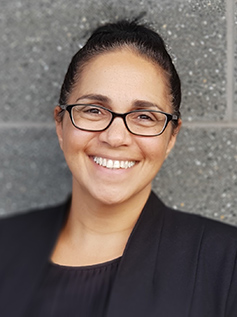Disadvantaged school-leavers may be choosing to avoid university because they perceive it to be risky, new research has found.
University of the Sunshine Coast Associate Professor of Marketing Maria Raciti conducted research for the National Centre for Student Equity in Higher Education, and said risk perception had, until now, been largely overlooked in efforts to widen university participation.
The study found that rather than having a lack of aspiration or ability, some people from low socioeconomic backgrounds were choosing to not attend university based on their perception of potential risks of attending university.
“These include financial risks; social and psychological risks and risks impacting career advancement, for example forgoing other opportunities and committing extended periods of time to a degree with no guarantee of employment,” Dr Raciti said.
The study found low SES high school students responded in three different ways to the question of whether to attend university.
“Some students are risk averse, some are risk neutral and others are risk seekers,” she said.
“When faced with uncertainty, students may either shortcut the decision-making process, postpone or avoid making a decision, or make trade-offs to arrive at a ‘good enough’ solution.
“We found that risk tolerance was a characteristic that influenced students’ responses to decision dilemmas.”
She said understanding how students perceived these risks could help schools and parents to assist low-SES students make informed decisions about attending university.
“Responsive online resources could promote self-awareness and help identify and address the concerns of students and their parents,” Dr Raciti said.







